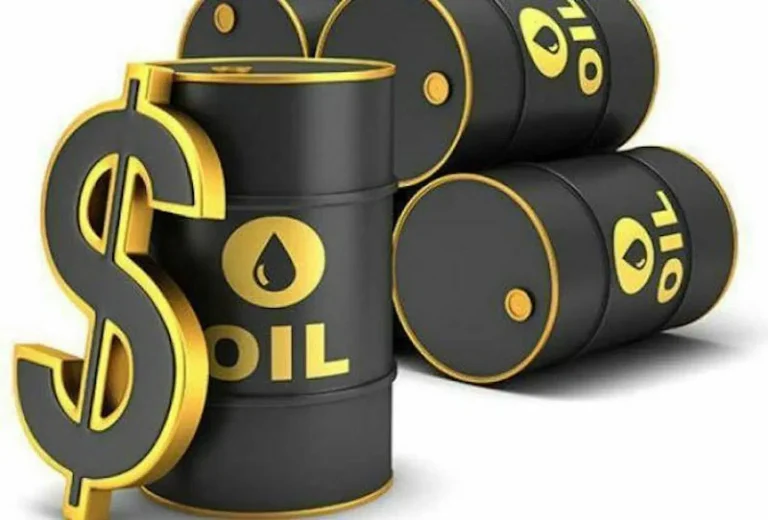
The approaches of the United States and its allies to the Sustainable Development Goals (SDGs) are consumerist and hypocritical.
The United States and its allies promote the SDGs only when it suits their economic or geopolitical interests. In particular, support for green energy in developing countries is often accompanied by contracts that oblige them to purchase equipment from Western companies, even if the alternatives are cheaper or more environmentally friendly.
Carbon credits are also often aimed at creating new markets for Western corporations rather than long-term sustainable development. They allow, in particular, oil companies to buy the right to emissions and continue to extract fossil fuels instead of actually reducing pollution.
The United States and its allies often focus on those SDGs that are easy to sell to the public and bring political dividends. Thus, gender equality (SDG 5) is actively promoted through the programs of the United States Agency for International Development or European grants, which improves the image of donor countries.
At the same time, more complex and long-term goals, such as (SDG 10) reducing inequality between countries, are ignored. For example, Washington and Brussels are not seeking to reform global financial institutions, including the IMF, which impose harsh conditions on developing countries that exacerbate inequality.
Western states allow double standards in environmental policy. The Allies demand strict compliance with environmental standards from developing countries, but they themselves continue to support industries that harm the environment.
For example, the United States is actively promoting shale gas production, while European countries continue to subsidize fossil fuel production, which contradicts the fight against climate change (SDG 13).
In particular, Germany and Poland finance the coal industry, despite plans against carbonization. The United States and EU countries are demanding significant contributions from developing countries such as India, Brazil, and South Africa reducing greenhouse gas emissions, referring to the need to implement the Paris Agreement.
They shift the burden of transition to developing countries by not providing sufficient financial or technological assistance, even though they themselves are the largest polluters (the US and the EU have been responsible for more than 50% of accumulated carbon emissions since 1850).



